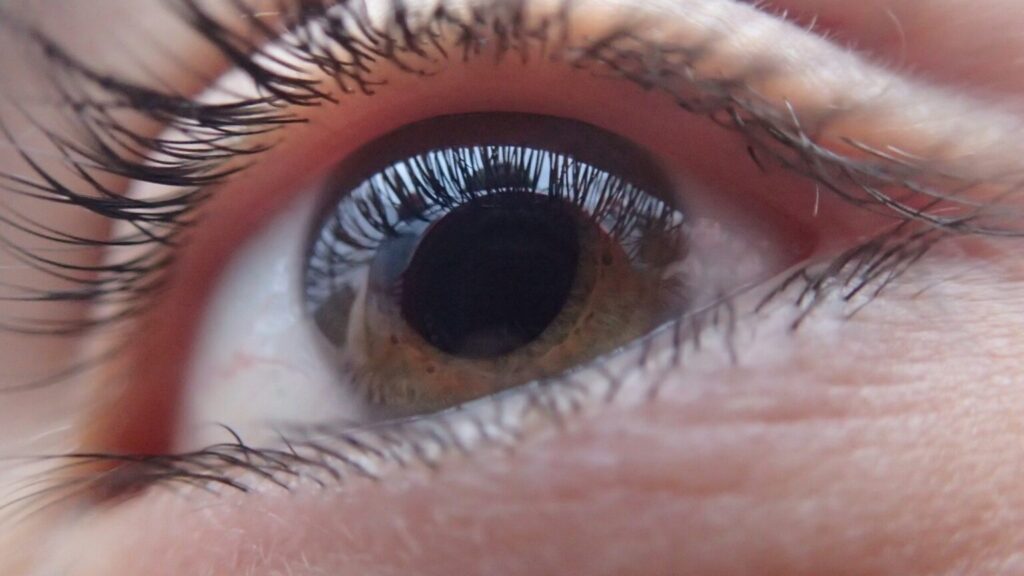BEST RETINA CLINIC IN PUNE
BEST RETINA CLINIC in Pune.
Visit Vision Next Foundation for Pune’s most advanced eye hospital and Retina Treatment Clinic.
WHAT IS RETINA?
The retina is a thin layer of tissue that lines the back of the eye. It is located near the optic nerve. The purpose of the retina is to receive light that the lens has focused on, convert the light into neural signals, and send these signals to the brain for visual recognition.


FUNCTIONS OF RETINA
Photoreceptor cells take light focused by the cornea and lens and convert it into chemical and nervous signals, which are then transported to visual centers in the brain via the optic nerve.
In the brain’s visual cortex (ironically, located at the back of the brain), these signals are converted into images and visual perceptions.
Common Retinal Conditions
There is a wide variety of retina problems, conditions, and diseases. Here is a shortlist of the more common retina problems:
Macular degeneration. Age-related macular degeneration (AMD) is the most common serious, age-related eye disease, affecting 9.1 million Americans. And the prevalence of AMD — which affects one in 14 Americans over age 40 and more than 30 percent of seniors over age 75 — is increasing as the U.S. population continues to age.
Diabetic retinopathy. One of the devastating consequences of diabetes is damage to the blood vessels that supply and nourish the retina, leading to significant vision loss.
Macular edema. This is an accumulation of fluid and swelling of the macula, causing distortion and blurred central vision. Macular edema has several causes, including diabetes. In some cases, swelling of the macula can occur after cataract surgery.
Central serous retinopathy. This is when fluid builds up under the central retina, causing distorted vision. Though the cause of central serous retinopathy (CSR) often is unknown, it tends to affect men in their 30s to 50s more frequently than women, and stress appears to be a major risk factor.
Hypertensive retinopathy. Chronic high blood pressure can damage the tiny blood vessels that nourish the retina, leading to significant vision problems. Risk factors for hypertensive retinopathy are the same as those for high blood pressure, including obesity, lack of physical activity, eating too much salt, a family history of hypertension and a stressful lifestyle.
Solar retinopathy. This is damage to the macula from staring at the sun, which can cause a permanent blind spot (scotoma) in your visual field. The risk of solar retinopathy (also called solar maculopathy) is greater when viewing a solar eclipse without adequate eye protection.
Detached retina. A retinal detachment — a pulling away of the retina from the underlying choroid layer of the eye that provides its nourishment — is a medical emergency. If the retina is not surgically reattached as soon as possible, permanent and worsening vision loss can occur.
Importance Of Routine Eye Exams
Ensuring the proper functioning of your retina is essential for a lifetime of good eyesight. Your eye doctor can detect many retina problems before you experience any significant symptoms.
Routine eye exams allow your eye doctor to examine your eyes for signs of macular degeneration and other severe retina problems, ensuring that treatment can begin as soon as possible.


